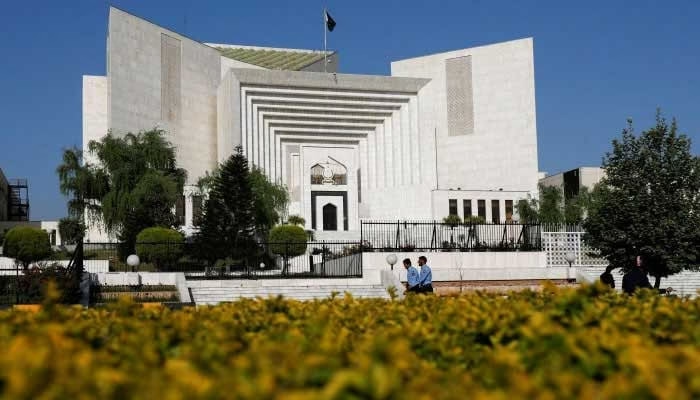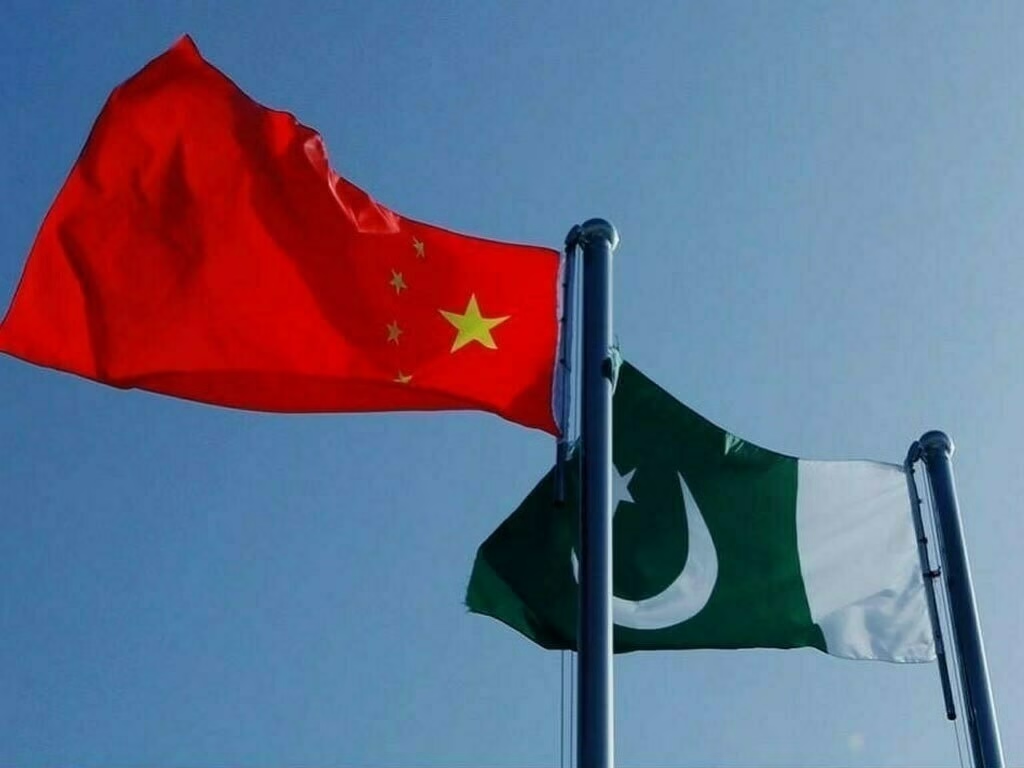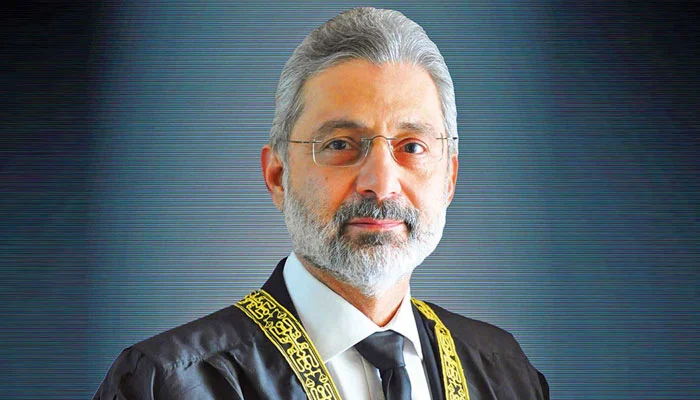The Supreme Court of Pakistan’s constitutional bench, led by Justice Aminuddin Khan, examined the controversial issue of trying civilians in military courts. During the hearing, significant questions were raised regarding the application of the Army Act and the procedures followed in civilian cases.
Defense Ministry lawyer Khawaja Haris briefed the court on the provisions of the Army Act, explaining the process of framing charges based on police FIRs. The bench, which included Justice Hassan Azhar Rizvi, Justice Masarat Hilali, and Justice Jamal Khan Mandokhel, sought detailed clarifications on the legal framework and its implications for civilians.
Inquiry and Charge Framing Under the Army Act
Justice Hassan Azhar Rizvi questioned the inquiry process conducted under the Army Act. He inquired, “Who conducts the inquiry under this act?” Khawaja Haris responded that the Commandant Officer is responsible for conducting inquiries after charges are framed.
Justice Masarat Hilali raised another critical point, asking, “How do you conduct an inquiry after an indictment is filed? How is an FIR filed in these cases?” Khawaja Haris explained that the term “charge” refers to the initial allegations and that investigations are conducted based on these charges.
These questions reflected the bench’s focus on ensuring that the procedures outlined in the Army Act align with the principles of justice and transparency.
The Importance of Allegations
Justice Jamal Khan Mandokhel emphasized the necessity of specific allegations before invoking the Army Act against civilians. He remarked, “Unless there is a specific allegation, one cannot be said to have violated the Army Act. A charge frame is necessary to initiate the process.”
This observation underscored the importance of adhering to due process and ensuring proper documentation before civilians are subjected to military court trials. Justice Mandokhel’s remarks highlight concerns about potential overreach and the need to safeguard individual rights.
Legal and Public Concerns
The trials of civilians in military courts have sparked significant debate in Pakistan. Critics argue that military courts, designed for swift adjudication in cases of national security, may lack the procedural safeguards necessary to ensure fairness.
Proponents, on the other hand, argue that military courts are essential in extraordinary circumstances, particularly for handling cases involving terrorism or acts threatening the state’s stability.
The Supreme Court bench’s detailed inquiry into the procedures of charge framing and investigations demonstrates a commitment to addressing these concerns. This scrutiny aims to ensure a balance between national security interests and the protection of fundamental rights.
Role of the Judiciary
Justice Mohsin Akhtar Kayani, in a related statement, emphasized the judiciary’s critical role in upholding constitutional rights. He pointed out the importance of public trust in the judiciary’s ability to resolve complex legal and constitutional issues.
These remarks resonate with the ongoing proceedings, where the bench is navigating the challenges of reconciling the Army Act’s provisions with constitutional guarantees. The judiciary’s proactive approach in this case reflects its dedication to maintaining the sanctity of justice.
Broader Implications
The Supreme Court’s decision in this case will have far-reaching implications for the trial of civilians in military courts. It may redefine the application of the Army Act and establish guidelines to prevent its misuse while ensuring justice is served.
The questions raised during the hearing about charge framing, inquiry processes, and the role of the Commandant Officer highlight the judiciary’s focus on transparency and accountability. The outcome of these proceedings could shape Pakistan’s judicial and military legal framework for years to come.
The Supreme Court’s examination of civilian trials in military courts marks a pivotal moment for Pakistan’s legal system. By addressing critical questions about the application of the Army Act and ensuring due process, the court is working toward greater transparency and fairness.
As the hearings progress, the legal fraternity and the public await a verdict that could redefine the balance between national security and constitutional rights in Pakistan. This case underscores the judiciary’s vital role in safeguarding justice and accountability in the country.



